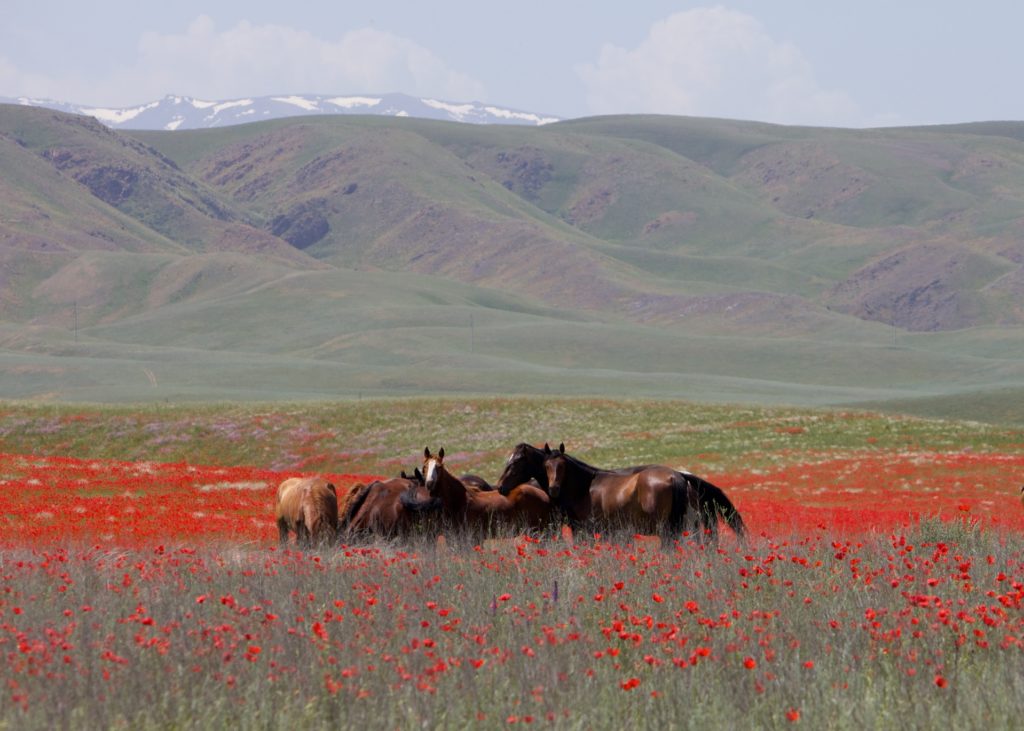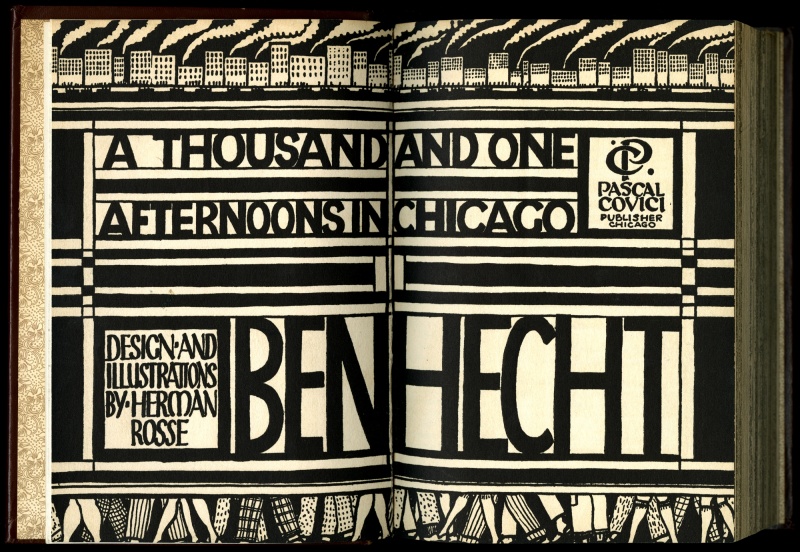
Gosh, it sure is good to see and read y’all.
I’m doing alright, I promise. That’s especially true this morning because being here again feels like I’ve just come into our favorite coffee shop after a long time away and the klatch — the klatch is you — is like, “Well, bless my soul! The ol’ PG!” I plunk myself down in a captain’s chair at our wide, round table. I take that chair not because I want to be captain; everyone’s in a captain’s chair because it’s just the style of this place. Everyone’s excited to hear what I’ve been up to for Lord’s sake, but I just want to hear about your lives and what you’ve been doing while I’ve been out sailing the high seas. Think of me as a wisened fisherman of few words, all yellow slicker and bucket hat, silently dripping several tablespoons of rainwater onto the floor which I wipe up right away with the napkin that came under my croissant. I might be a wisened fisherman of few words but I have manners. You are all relieved that I do not smell of shellfish or whales. It’s way too early for that. Marianne (friend Marianne, not mom Marianne), being immediately to my right, does detect a slight whiff of algae for the first 30 minutes or so, but she doesn’t say anything because she knows the smell of coffee cake baking in the cafe kitchen will soon overtake it. Plus, I’ve been through a lot.
Before long, everyone talking about the big race.
Spring and Winter are neck and neck. One day, it’s Winter’s race to lose. Freezing slush swirls all around us and everyone spits epithets and yanks their damned stocking caps down around their ears and the ears of their children to protect them from the slush and the epithets. But we’re talking about the race because this race is best race of the year. Spring comes from behind. She pulls ahead by a nose! No one thought it could happen, but suddenly it’s 65 degrees and sunny and it stays that way long enough to get some green buds going in the trees along the street! This is wild! She could actually do this.
Woah, woah, woah, says Marj. Old Man Winter’s no quitter, she says, and eats a piece of my croissant. (She asked.) His age gives him experience and let’s not forget: He’s been working out for months. At that moment, Winter executes a full body slam: actual snow accumulation. The dumb jerk snarls and growls at Spring. He calls her a whippersnapper and blows her down with subzero winds from the north. Winter has always had his fans, but at this point most of the crowd is turning on him on account of him being so mean. Spring gets up, but she’s nervous. It doesn’t look good for her, doesn’t good at all. She’s so young. She’s green! Nothin’ but a colt, really, and going up against that metaphor. We hate to do it, but a few of start to pull on our salt-stained boots and get on home before the snow plows block the damn road. It’s too depressing.
But wait … you guys, you guys.
Spring’s still in this. She just kicked Old Man Winter in the — wow, she’s kicking him but good! Where did that come from?? Spring pulls forward, shaking chartreuse pollen from her mane. It gets in Old Man Winter’s eyes and he starts crying like a little — well, he’s crying, really crying! No one wants to be callous but we’re all secretly praying he’ll start sneezing like crazy and he does, which gives Spring an opening. To our shock, she goes for it, launching one of the riskiest moves in the book, The Triple Easter Bunny. No, we cry out! Spring, it’s too soon! You could die out there! Don’t be a hero! We’ll hold the line! Just a few more weeks — are you crazy?! You’re not ready!
The world stops spinning on its axis. We all hold our breath. She hops once. She hops twice. She hops a third time and … she sticks the landing.
The girl did it. She really did.
We all start whooping and hollering and throwing flower petals in the air. What a race, we cry, and Jim takes a piece of my croissant.























